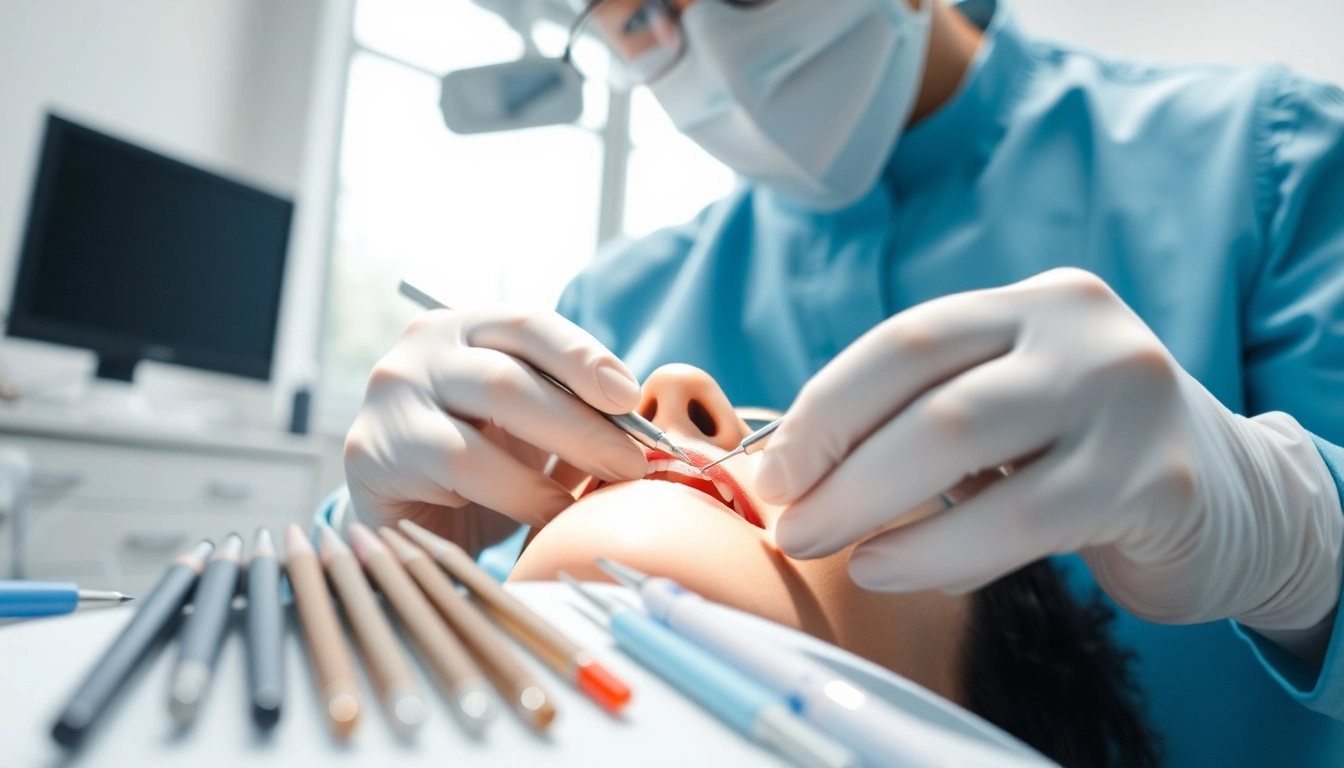
What is Depression?
Defining Depression and Its Variants
Depression, a pervasive mental health disorder, is characterized by persistent feelings of sadness, apathy, and a loss of interest in activities once enjoyed. It is significantly more than the typical emotional fluctuations individuals experience throughout their lives. Clinically classified as Major Depressive Disorder (MDD), this condition affects one’s ability to function on a day-to-day basis, often leading to various complications in physical health, work productivity, and social interactions.
Variants of depression include Persistent Depressive Disorder (Dysthymia), where symptoms are less severe but more chronic, and Seasonal Affective Disorder (SAD), which occurs in seasonal patterns, typically during the winter months when light exposure is limited. A thorough understanding of these variants is essential for recognizing that depression can manifest in many forms, each requiring specific strategies for management and treatment. For an in-depth understanding of depression, individuals often seek professional guidance.
Common Symptoms of Depression
The symptoms of depression vary significantly among individuals. However, some common symptoms include:
- Persistent sadness or low mood
- Loss of interest or pleasure in activities
- Changes in appetite or weight
- Difficulty sleeping or sleeping excessively
- Fatigue or a loss of energy
- Feelings of worthlessness or excessive guilt
- Difficulty concentrating or making decisions
- Thoughts of death or suicide
Recognizing these symptoms early can lead to timely intervention, which significantly increases the chances of recovery.
Understanding the Difference Between Depression and Sadness
While everyone experiences sadness, depression is a clinical diagnosis that requires specific criteria to be met. Sadness is typically a temporary emotional response to certain life events, whereas depression can last for weeks, months, or even years without proper intervention. This distinction is crucial for those experiencing persistent feelings of sadness, as they may not realize they are suffering from a more serious condition.
Causes of Depression
Biological Factors Contributing to Depression
Biological factors can play a significant role in the development of depression. These include imbalances in neurotransmitters—chemicals in the brain that regulate mood—such as serotonin, norepinephrine, and dopamine. Physical health conditions such as chronic illnesses, hormonal changes, and certain medications can also contribute to the onset of depressive symptoms.
The Role of Genetics in Depression
Research suggests that genetics can account for approximately 40-50% of the risk for developing depression. Individuals with a family history of depressive disorders are at a higher risk, indicating a potential hereditary component. However, genetics alone doesn’t determine the outcome; environmental factors and life experiences play a critical role in the expression of depressive symptoms.
Environmental Triggers and Their Impact on Mental Health
Environmental factors, including trauma, abuse, and significant life changes, can trigger depression in susceptible individuals. Stressful events such as the loss of a loved one, divorce, or financial troubles can serve as catalysts, highlighting the interaction between an individual’s mental health and their external circumstances. Understanding these triggers is vital for preventing the onset of depression, especially in individuals with a predisposition to mental health disorders.
Diagnosing Depression
Assessment Methods Used by Professionals
Professionals typically use several assessment methods to diagnose depression accurately. These include structured interviews and standardized questionnaires such as the Hamilton Depression Rating Scale (HDRS) and the Beck Depression Inventory (BDI). Such tools help clinicians gather comprehensive information regarding a patient’s symptoms and their impact on daily functioning.
Importance of Proper Diagnosis for Effective Treatment
Accurate diagnosis is crucial, as different types of depression may require various treatment approaches. For example, the presence of underlying medical conditions or co-occurring mental health disorders, such as anxiety, must be addressed alongside depression to improve treatment outcomes. Early identification and intervention can mitigate the escalation of symptoms and facilitate more effective treatment plans.
Recognizing Signs in Yourself and Others
Being able to recognize symptoms of depression is crucial not only for an individual’s awareness but also for those around them. Friends, family, and co-workers may notice changes in a person’s behavior, such as withdrawal from social situations or a significant drop in work performance. Encouraging open conversations about mental health can help those affected seek appropriate support and treatment.
Treatment Options for Depression
Therapies and Counseling Techniques
Mental health professionals utilize a variety of therapeutic approaches to facilitate recovery from depression. Cognitive Behavioral Therapy (CBT) is particularly effective, as it helps individuals identify and modify negative thinking patterns that contribute to depressive symptoms. Other modalities, such as Interpersonal Therapy (IPT) and Dialectical Behavior Therapy (DBT), provide patients with tools to develop healthier interpersonal relationships and coping mechanisms.
Medications Commonly Used to Treat Depression
Antidepressants, such as Selective Serotonin Reuptake Inhibitors (SSRIs), Serotonin and Norepinephrine Reuptake Inhibitors (SNRIs), and atypical antidepressants, are frequently prescribed to help manage depression. The efficacy of these medications varies, and some individuals may need to try several to find the right fit for their symptoms. It’s essential for patients to work closely with their healthcare providers to monitor their response and adjust dosages or medications as needed.
Alternative Treatments: Holistic Approaches to Wellness
Beyond medication and therapy, many individuals find success with alternative treatments. These may include lifestyle changes such as exercise, diet adjustments, meditation, and holistic practices like acupuncture and yoga. Research suggests that physical activity can significantly elevate mood and alleviate depressive symptoms by releasing endorphins and improving overall wellbeing.
Living with Depression
Practical Strategies for Daily Life
Living with depression can be challenging, but implementing practical strategies can improve day-to-day functioning. Establishing a routine, setting realistic goals, and engaging in regular physical activity can help structure a person’s day and reduce feelings of chaos. Mindfulness techniques, such as journaling or meditation, may also cultivate a sense of peace.
Building a Support Network
A strong support network is invaluable for those dealing with depression. Whether family, friends, or support groups, connecting with others creates an environment of understanding and comfort. Encouraging open discussions about mental health within this network fosters an atmosphere of shared experiences, which can significantly mitigate feelings of isolation.
Long-term Management and Relapse Prevention
Long-term management of depression often involves a combination of continuing therapy, maintaining medication regimens, and staying connected with supportive communities. Recognizing early signs of potential relapse is also crucial. Developing coping strategies, maintaining healthy lifestyles, and regularly checking in with a mental health professional can help mitigate the risk of relapse.







